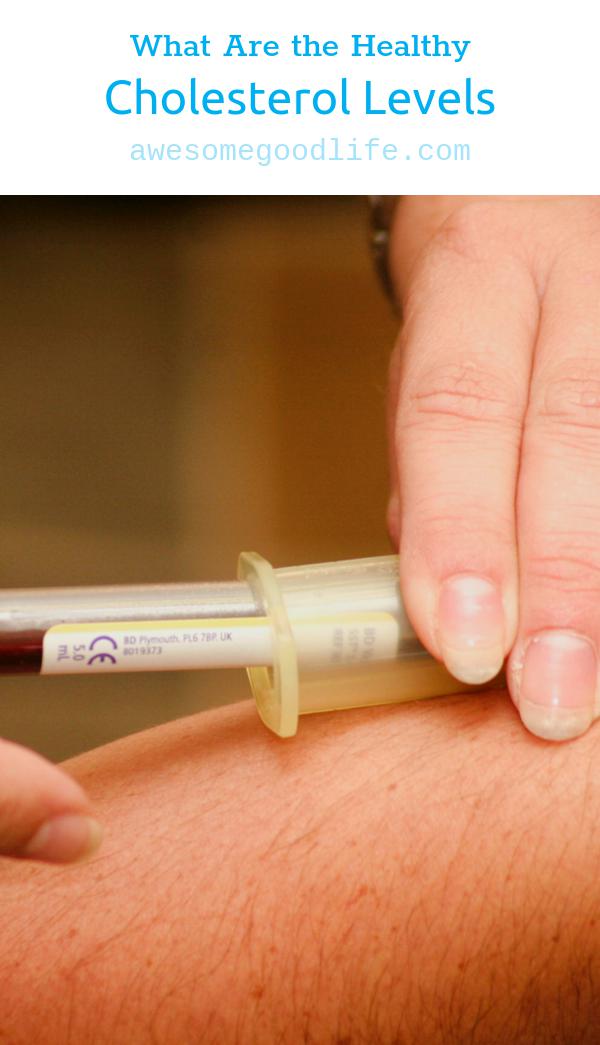Are you wondering what cholesterol levels are considered healthy? To better understand your levels and to assess whether they are within the desirable range, you need to know the basic facts first.
A lipoprotein profile or a cholesterol test is done by taking a blood sample from a person to find out if he has healthy cholesterol levels. These tests are highly advised to people above 20 years old and should be done once every five years thereafter. Also, the doctor may advise a patient to fast for at least 12 hours before a test is done to ensure that no food intake affects the cholesterol level.

Normally, the cholesterol tests focus on the total blood cholesterol level and the LDL (bad) cholesterol level. However, since a low HDL level is a risk factor itself, it is best to find out one’s HDL level as well. Furthermore, HDL counteracts the effects of LDL cholesterol. hence, it is a must that its level is determined to ensure that it can work efficiently in controlling the adverse effects of LDL cholesterol. Desired healthy cholesterol levels differ in different countries and are measured in milligrams per deciliter (mg/dL) in the United States and in millimoles per liter (mmol/L) in Europe. These tests are used to monitor the patient’s risk for heart disease and as a basis for recommendations to achieve healthy cholesterol levels such as lifestyle modifications and/or medications.
Healthy cholesterol levels are as follows:
Total blood cholesterol level – less than 200 mg/dL
LDL cholesterol level – less than 100 mg/dL
HDL cholesterol level – at least 40 mg/dL for men; at least 50 mg/dL for women
Triglyceride level – less than 150 mg/dL

It is highly recommended for those aiming for healthy cholesterol levels to have their cholesterol and HDL levels checked within one-two years if their total blood cholesterol level is from 200-239 mg/dL which is the borderline high risk and if their HDL level is less than 40 mg/dL for men and less than 50 mg/dL for women. Patients with a total blood cholesterol level of 240 mg/dL or more would need more tests to acquire healthy cholesterol levels.
Achieving healthy cholesterol levels would necessitate hard work and plenty of sacrifices. A change in diet is the first step to take in order to have healthy cholesterol levels. Different forms of exercise for at least 30 minutes at one time should be made into a habit to further increase your HDL level. Healthy cholesterol levels can not be obtained overnight. However, with the right attitude and sincere effort, your cholesterol management plan may work faster than you expected.





